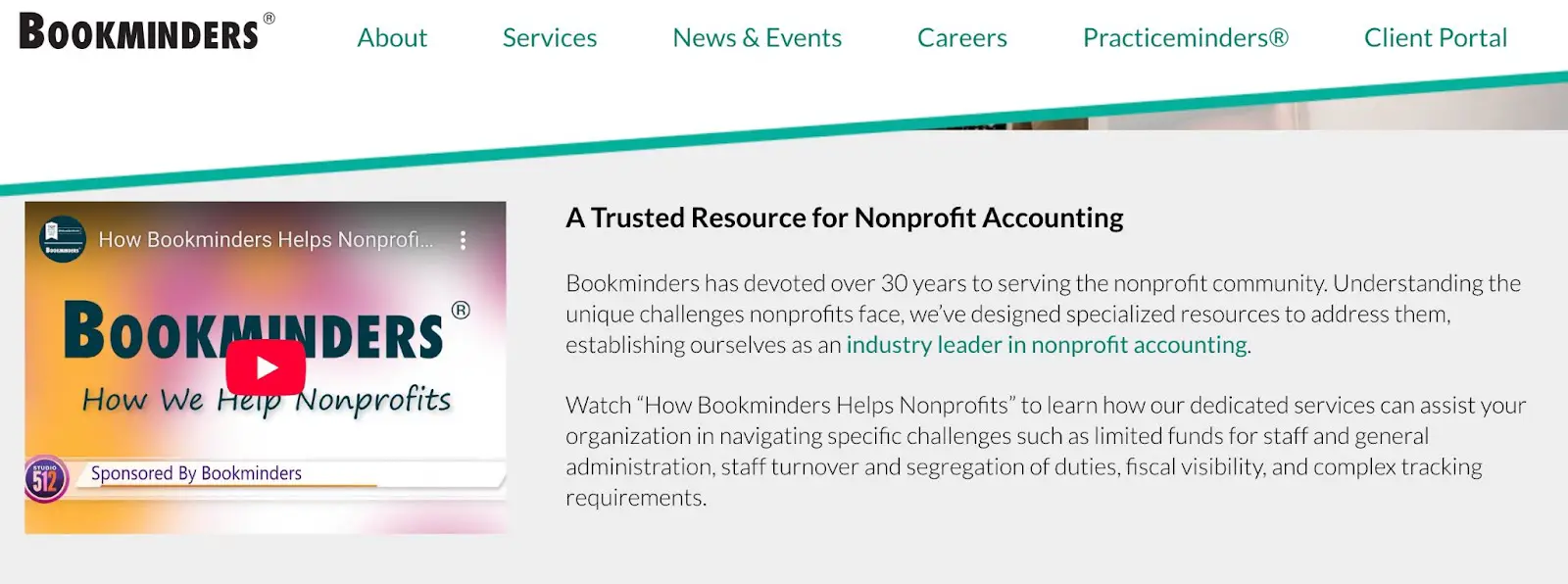Looking for marketing advantage? Just do the right thing.
I just read a recent NFIB newsletter piece titled “How Congress Can Relieve Labor Threats for Small Businesses.” It argued that the solution to labor challenges is rolling back regulations—from labor protections to climate standards. Now, I read NFIB’s surveys and analysis every month. They’re valuable because they capture what small business owners are really thinking and feeling in the moment. And while I don’t always agree with their takeaways, I never dismiss them—because these surveys represent the lived reality of hundreds of thousands of entrepreneurs.
But here’s where I part ways with this month’s newsletter opinion: regulations don’t appear out of thin air. They exist because customers, employees, and communities demanded something better—better wages, better working conditions, more sustainable practices. That’s not a burden. That’s a market signal. And the savviest small businesses treat those signals as fuel for innovation and growth.
Instead of fighting every new rule, what if we looked at them as guardrails that push us toward excellence? What if they became the very constraints that forced us to build better businesses—businesses people actually want to work for and buy from?
Here are three examples of small businesses that embraced practices often labeled as “constraints” and turned them into marketing advantages. They didn’t succeed despite doing the right thing. They succeeded because of it.
3 Small Businesses (Like Yours) That Embraced Constraint as a Marketing Advantage
1. Elizabeth Suzann – Ethical Fashion as Brand Differentiator

- Snapshot: Elizabeth Suzann is a Nashville-based slow fashion brand founded in 2013, at one point employing 40+ team members in an ethical, transparent supply chain. Reached $1 million in sales within a year of launching.
- Approach: Paid living wages, prioritized quality over volume, and told that story as their brand.
- Takeaway: Their ethical stance drove early traction, attracted loyal customers, and positioned them as a standout in a crowded category.
Marketing Lesson: Elizabeth Suzann turned compliance into content. By openly sharing how they care for employees and the planet, they attract their ideal customer and built loyalty among conscious consumers who are willing to pay more for alignment with their values. In marketing terms: their ethical choices became their positioning, separating them from fast fashion.
2. Bookminders – Flexibility as a Value Proposition

- Snapshot: Bookminders is an outsourced bookkeeping firm founded in 1991, built around remote-first, flexible roles designed for working caregivers. Now employs ~85 professionals and expanded across multiple states.
- Approach: Created a “Cottage Corporation” model—remote work before remote was popular—vitally centered on trust and flexibility.
- Takeaway: Their marketing isn’t just about accuracy; it’s about alignment. They attract and retain talent—and clients—by promising both quality work and a humane work environment.
Marketing Lesson: Bookminders made flexibility a brand promise. What others saw as a cost, they turned into a competitive advantage—attracting top talent and long-term clients. Their marketing didn’t just say “we’re accountants”, it said, “we’re the accountants who understand modern work-life balance.” This is especially important today because there simply aren’t enough accountants out there.
3. Alvarado Street Bakery – Ownership as Marketing Power

- Snapshot: A California-based worker-owned cooperative founded in 1979. Over 40,000 loaves baked daily, solar-powered facility, average employee earnings between $65K–$70K. Over 50% of staff have tenures exceeding 15 years.
- Approach: Shared ownership, democratic governance, strong pay—employees invested in business success.
- Takeaway: Their values aren’t marketing fluff—they’re baked into daily operations, and customers love knowing their bread is made by owners, not just workers.
Marketing Lesson: Alvarado Street turned ownership into their story. Customers love knowing the bread they buy supports worker-owners, not distant shareholders. By leaning into what NFIB might call a “threat” (worker power), they created a marketing narrative rooted in authenticity, fairness, and sustainability. That story translates directly into sales.
Regulations are a Market Signal – Not a Burden
The NFIB surveys are a valuable pulse check on how small business owners are feeling. Their members are telling us, loud and clear, what keeps them up at night. But feelings and fears aren’t the whole story — they’re the starting point.
Every regulation NFIB members cite as a “threat” — from labor protections to climate rules — grew out of real demands from employees, customers, and communities. That’s not a burden, that’s a market signal.
The most successful small businesses don’t just acknowledge those signals, they act on them. Companies like Elizabeth Suzann, Bookminders, and Alvarado Street Bakery prove that what some owners see as “costs” can actually be turned into brand-building, loyalty-driving advantages.
Doing the right thing isn’t charity. It’s strategy. NFIB gives us the raw data; our job as marketers is to look at it differently — and use it to build businesses that people want to work for and buy from.
What This Means for You and Your Business
Doing the right thing and being profitable are NOT mutually exclusive. In fact, constraints are huge opportunities. My web developer always says: if you want it to be easy for you, it’s going to be hard on the user. If you want it to be easy on the user, it’s going to be harder on you. But oh—the rewards.
This is the marketing opportunity hiding in plain sight. By the time the government or policymakers change course, your business could already be struggling or gone. The faster, smarter, and more profitable strategy is to focus on improving your customer’s life. Instead of fighting regulations because you fear the costs, take on the challenge of being better. Provide more value, and your customers will gladly choose you over competitors, pay you for the privilege of working with you, and refer you to others.
Stop putting your future in the hands of things and people you can’t control. Take your power back. Build a better business—and your customers will thank you for it.
Real Talk FAQ: Questions NFIB Members Might Ask
1. Isn’t it unfair to expect small businesses to shoulder the cost of regulations?
No doubt—it feels heavy. But here’s the flip side: regulations often reflect what your customers and employees are already asking for. By getting ahead of them, you build loyalty, trust, and differentiation that competitors who resist won’t have.
2. What if fair wages and benefits cut into my already thin margins?
Margins are always tight, but fair pay is not just an expense—it’s a retention strategy. Lower turnover, higher morale, and stronger performance offset the cost of constantly replacing and retraining staff.
3. Aren’t customers mainly motivated by price?
Some are, but not all. More and more, customers are choosing based on values and experience. A fair, transparent, and ethical business can charge more—and people will pay it because they believe in what you stand for.
4. How do I know these “do the right thing” stories aren’t just outliers?
They’re not. From fashion to bakeries to accounting firms, values-driven business models are proving sustainable. And data shows purpose-driven companies consistently outperform the market in the long run.
5. Isn’t lobbying for fewer regulations just protecting my business?
Maybe in the short term. But the long-term risk is bigger. By the time rules change—or don’t—you could lose customers to competitors already delivering what the market wants. Focusing on value creation puts control back in your hands.








